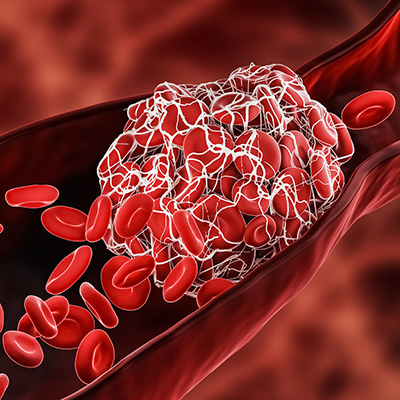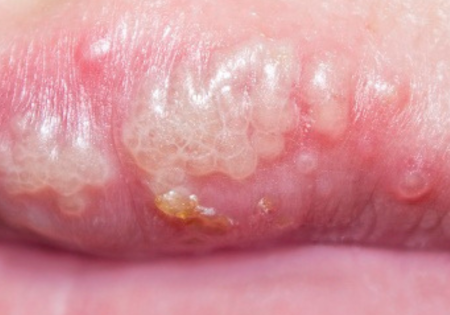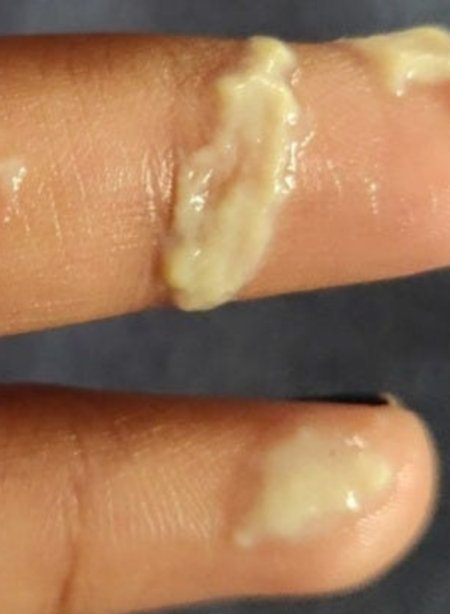Investigating All-Natural Methods of Treating Blood Clots
The search for efficient cures for a range of ailments in the field of healthcare frequently goes beyond traditional medicine. A number of natural treatments and approaches have surfaced as possible allies in supporting vascular health when it comes to treating blood clots.
We examine a few of these substitute methods below:
Herbal Treatments:
Some herbs have qualities that might lessen or prevent the development of blood clots. Garlic, ginkgo biloba, ginger, and turmeric are a few examples. These herbs may lower the risk of clotting because of their anti-inflammatory and anticoagulant properties.
Dietary Adjustments:
Consuming a diet high in fruits, vegetables, and whole grains might help maintain cardiovascular health by supplying vital nutrients and antioxidants. Incorporating foods with anticoagulant qualities—such as spinach, almonds, and oily fish—as well as those strong in vitamin E—like spinach and almonds—may also help avoid excessive clotting.
Modifications in Lifestyle:
A regular exercise regimen is essential for preserving optimal blood circulation. Walking, swimming, and cycling are examples of aerobic workouts that enhance blood flow and lower the risk of blood clot development. Additionally, engaging in stress-reduction practices like yoga or meditation might improve cardiovascular health in general.
Organic Additives:
The potential advantages of some supplements in the treatment of blood coagulation problems have drawn attention. These include vitamin E pills and omega-3 fatty acid-containing fish oil. Before beginning any new supplement regimen, it is essential to speak with a healthcare provider, as supplements have the potential to worsen pre-existing health concerns or interfere with prescriptions.
Compression Treatment:
External compression devices, such compression sleeves or stockings, are frequently used to stop blood clots, especially in people who are at risk of deep vein thrombosis (DVT) or have venous insufficiency. These clothes apply pressure on the legs, which improves blood flow and lowers the risk of clot formation.
Although natural therapies present a promising avenue for managing blood clots, it is imperative to exercise caution and get counsel from a skilled healthcare expert before utilizing them. Better vascular health and general well-being can be achieved by incorporating these tactics into an all-encompassing treatment plan and using traditional medical measures in conjunction with them when needed.







